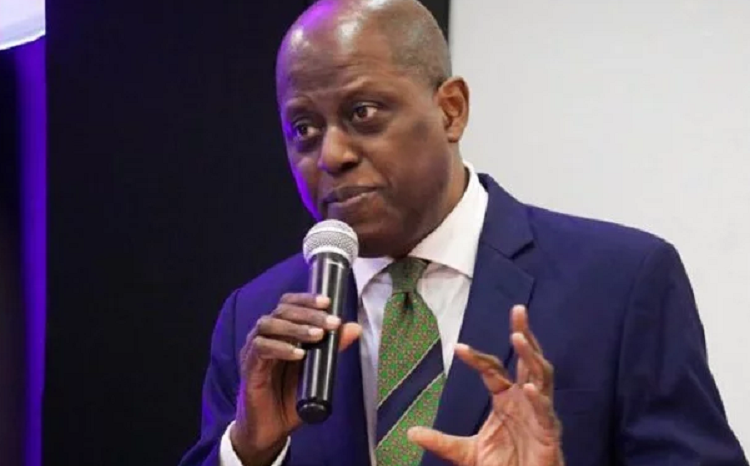The governor of the Central Bank of Nigeria (CBN), Olayemi Cardoso has said the bank must move beyond being perceived merely as a guardian of exchange rates and reserves, as he unveiled new efforts to deepen the institution’s role in economic thought leadership and policy innovation.
Commenting on the Knowledge Acceleration Programme (KAP) recently introduced by the CBN, Cardoso acknowledged that while the bank’s work on currency and monetary stability remains important, it must broaden its intellectual and developmental mandate.
“I’ve always felt that the Central Bank has fallen a little bit behind with respect to some of the things it should be doing, beyond just the naira and kobo and the dollars and cents that we’ve all been involved in and spent so much time talking about,” the governor stated.
According to him, the public is often right to assume the CBN is fixated on reserves and exchange rates, but that assumption, he said, misses the broader mission of the Bank in shaping Nigeria’s economic future.
“People go to bed at night looking at the exchange rate; they wake up in the morning worrying about the reserve level. And basically, you would be forgiven for thinking that that is all the Central Bank is meant to do. You would be forgiven,” Cardoso said.
He revealed that the CBN is now making deliberate efforts to reposition itself as a thought leader through new internal and external engagement platforms — including the KAP workshops, which open for applications on 15 July, with sessions scheduled across August.
“Within the bank, we have had considerable discussions around how to strengthen our thought leadership, because we do believe that we have very good people within the Bank, and we should push them forward and show leadership in respect of a number of the things we do — and, in actual fact, some of the things we don’t do, also we should be talking about,” he said.
The CBN governor added that the initiative is not meant to be inward-looking alone, but seeks to involve wider stakeholders, including academics and independent researchers, in helping to sharpen the Bank’s strategic thinking and policy design.
The Knowledge Acceleration Programme is structured as a series of thematic workshops in Abuja, taking place from 4 to 12 August 2025.
The CBN had invited Nigerian researchers to submit short proposals on critical development issues, with the aim of transforming the best ideas into research papers that can inform policy.
In a circular signed by the director of CBN Research, Aderinola Shonekan, the apex bank said, the programme would focus on three core clusters: development, international finance, and regulation and competition. Proposals are to cover areas ranging from income distribution and employment to fintech regulation and systemic risk in non-bank financial systems.
According to CBN, selected participants will receive expert feedback and work alongside peers to refine their ideas, helping to build a pipeline of research that supports Nigeria’s macroeconomic management.
Cardoso also disclosed that the CBN is increasingly focused on how fintechs interact with the broader financial ecosystem, noting that, while some are performing remarkably well, the regulatory environment must evolve to support innovation while maintaining systemic stability.
“We’re looking at the whole relationship between the payments side, the fintechs, and how they impact the financial system. Some of them are doing extremely well. How can we aid and support them? We need to have conversations around that,” he said.
In line with this, the Bank had called for research that explores financial regulation in the digital age, including themes such as risk-based capital, audit technologies under uncertainty, and the monetary policy implications of capital flows and off-balance sheet risks.





